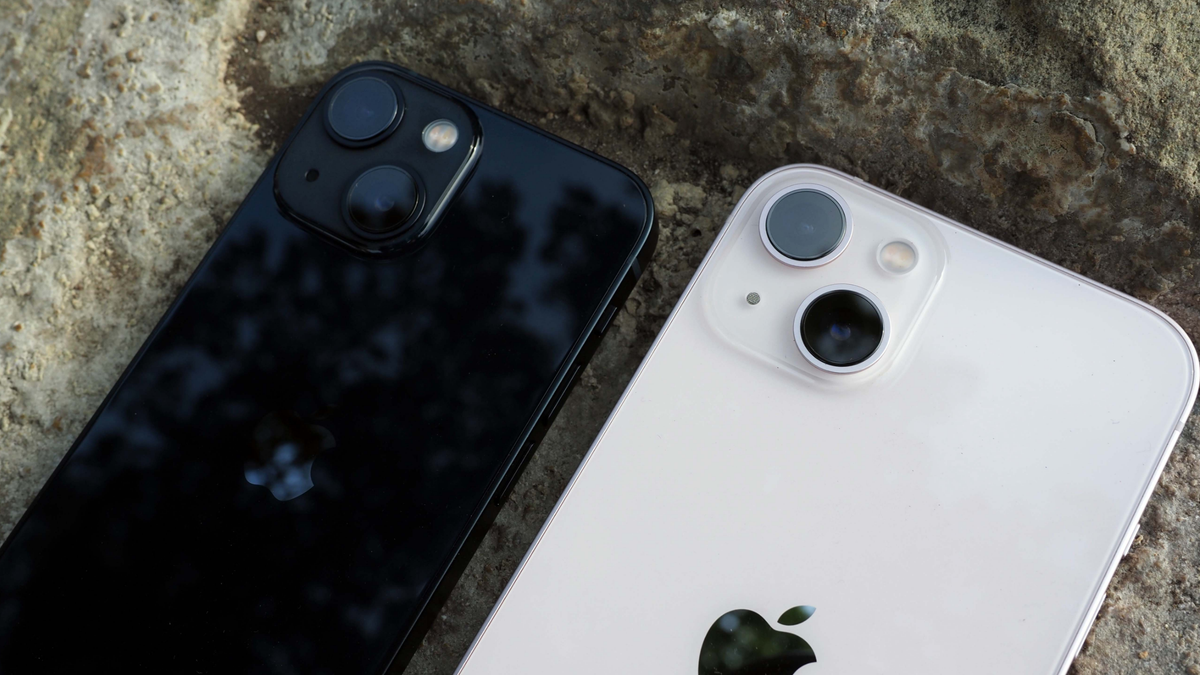The iPhone 14 Might Only Bring 'Limited' Performance Upgrades Over the iPhone 13 - 3 minutes read

When revealing a new product, Apple often spends time talking about how much faster it is than the previous model and how favorably it stacks up against the competition. Claims like “the Macbook Air is faster than 98% of PC laptops,” make headlines, whether they’re accurate or not. It’s an effective marketing approach, but one Apple might choose to avoid when it launches the next MacBook Air and iPhone 14.
If recent reports are accurate, the iPhone 14 Pro’s A16 chip will use the same manufacturing process as the A15 Bionic that’s in the iPhone 13. Notable Apple analyst Ming-Chi Kuo wrote in a tweet thread that the Cupertino tech company will stick with TSMC’s N5P process for the A16. This comes after leaker ShrimpApplePro, citing “fairly reliable sources,” claimed the A16 would be based on TSMC’s 5nm process. Smaller enhancements would come by the way of LPDDR5 RAM and a stronger GPU.
Kuo says TSMC will release a significantly improved N3 and N4P fabrication process, but not until 2023. As such, Apple has the option to stay with a 5-nanometer N5P (used to manufacture the A15 Bionic chip in the iPhone 13 and iPad mini) or switch to N4. Kuo believes N4 doesn’t provide any meaningful advantage, so Apple may as well stay with N5P, resulting in limited “improvements in performance and power-saving from A16.” Apple could still count up to 16 for “marketing purposes” despite this not being a truly next-generation processor. Other recent reports claim the standard iPhone 14 will stick with A15 while only the Pro models will get the A16.
The next MacBook Air could run into a similar limitation caused by the same bottleneck. Instead of upgrading to the M2 processor, Apple might choose to stick with the M1 on the MacBook Air and focus instead on its rumored redesign, which should involve new color options. Kuo says that while there is “nothing bad” with naming a minor update “M2,” Apple would be smart to reserve the name for a more significant release, like when the MacBook Pro 14 and 16 arrive next year. ShrimpApplePro believes the M2 processor will be based on a 3nm process, skipping 4nm altogether.
Either way, I agree with Kuo. Apple got off to a strong start with its M1-series chips, but the company will want to establish strong expectations for its forthcoming custom processors. While the gap is narrowing, the M1 chip is still plenty powerful compared to its AMD and Intel rivals. And as Kuo notes, people will be more invested in the MacBook Air’s long-awaited redesign than in any performance gains. Apple can always do a soft refresh of the MacBook Air next year when a proper M2 comes around following the release of the Pro models.
How much this matters will depend on how you use your smartphones or laptops. The iPhone 14 is already the fastest phone on the market, and most customers don’t even get close to scraping its power ceiling. We’re still a few months away from Apple revealing its next lineup of flagship smartphones. If it doesn’t give us faster performance, let’s hope the tech giant provides other reasons to upgrade.
Source: Gizmodo.com
Powered by NewsAPI.org